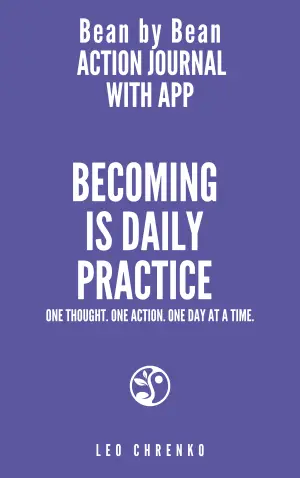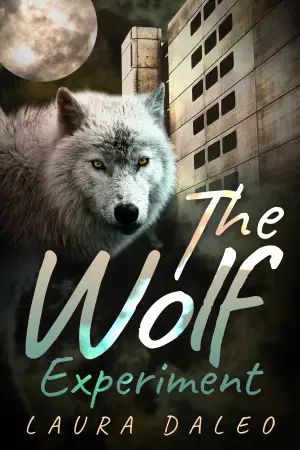I recently finished “All the Way to the River” by Elizabeth Gilbert, and I was compelled to share my thoughts on this poignant memoir. As an avid reader who enjoys heartfelt narratives, especially those that unravel the complexities of addiction, love, and personal growth, this book caught my eye. Gilbert’s previous work, “Eat Pray Love,” had greatly resonated with me, so I was eager to dive into her latest exploration of life’s darker corners.
In “All the Way to the River,” Gilbert shares her relationship with Rayya Elias, presenting a narrative that is both harrowing and healing. This memoir elegantly balances its portrayal of love with the intense struggles of addiction. Gilbert’s storytelling shines with a blend of vulnerability and lush prose. Early on, I was captivated by her ability to lay bare her emotions, often leading me to reflect on my own relationships and vulnerabilities.
One of the most striking aspects of the memoir is the deep, raw honesty that Gilbert employs in discussing her friendship-turned-romance with Rayya, especially against the backdrop of Rayya’s terminal illness. It’s a love story riddled with beauty and tragedy, and it was refreshing to see how Gilbert embraced the transformation that such a profound experience imparts. Similar sentiments were echoed by readers like Alex28, who called the book, “a remarkable gem—unique, bold, and fearless,” emphasizing Gilbert’s sincere storytelling.
However, the book isn’t without its drawbacks. While the deep exploration of addiction and recovery is fascinating, some parts might feel overly didactic, particularly for readers already familiar with these concepts. An Amazon reviewer noted that the focus on recovery felt “a bit too didactic,” and I can understand why some may view it that way. At times, the insights may come across as heavy-handed, especially when discussing the complexities of addiction.
Additionally, Gilbert’s portrayal of the addict experience, while personal, might unintentionally reinforce certain stereotypes that could be seen as harmful. One reviewer pointed out that while Gilbert’s narrative sometimes frames addiction in romanticized terms, this perspective risks alienating those who view addiction as a serious, non-glamorized disease. For me, it was a double-edged sword; I appreciated the personal account of addiction but also recognized the broader societal implications of how it was presented.
The artistry in the writing is undeniable. Gilbert’s poetic language and vivid imagery create an immersive experience, drawing readers into her journey. The themes of love, loss, and the human craving for connection are vividly explored, and what resonates most is her invitation to reflection. Other readers, like Marigold, praised the book for inspiring deeper reflection on addiction in relationships, noting that it helped her see her own experiences in a new light.
Overall, “All the Way to the River” was a deeply moving read that brought both joy and sorrow. I found Gilbert’s profound vulnerability refreshing, and it certainly made me ponder the nuances of human connection and self-discovery. As for my expectations, the memoir met them and even exceeded them in many areas, especially in how it provoked thoughtful introspection on my part.
In conclusion, I highly recommend “All the Way to the River” to those interested in personal narratives that delve beneath the surface of love and addiction. It’s a journey that may attract readers who are grappling with their own relationships, recovery, and the longing for liberation from personal demons. While there are moments of didacticism and simplification, the power of Elizabeth Gilbert’s storytelling cannot be overlooked. It’s a raw, heartfelt exploration that may just inspire readers to look deeper within themselves, too.








